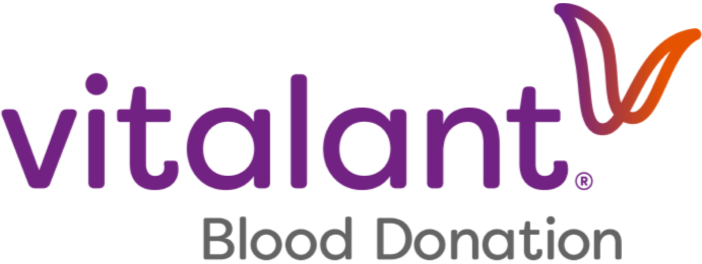Let's Talk About B Blood Type
You’re a B blood type – either B-positive (B+) or B-negative (B-). But what exactly does that mean for you and the patients who can receive your blood? Let’s explore some B blood type facts.
English
The two B blood types are relatively rare. Only 2 percent of the U.S. blood donor population is B-negative, making it the second rarest blood type. Only 11% of the blood donor population has B-positive blood.
Americans of Asian descent and African Americans are the most likely to have type B blood, according to the ADRP. About 25% of Asian Americans and about 20% of African Americans have a B blood type.
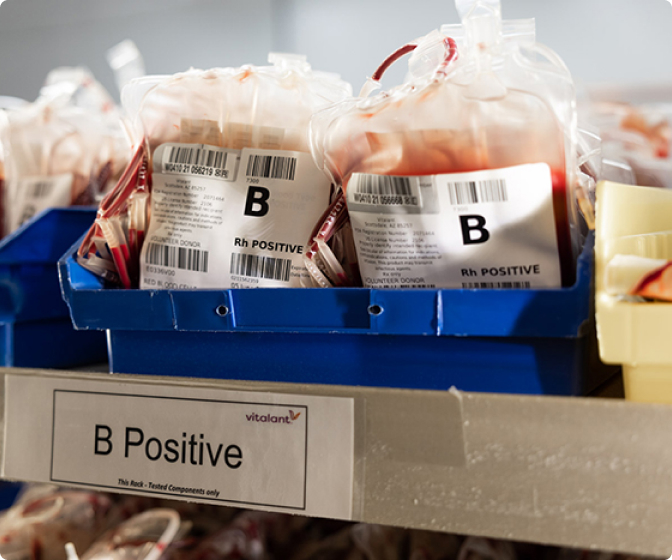
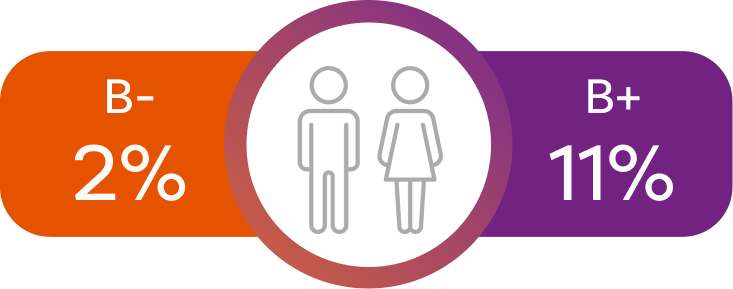

Because both B blood types are relatively rare, it’s important that donors with type B blood donate on a regular basis. Read more about rare blood types on our blog.
Of course, all blood types are constantly needed for patients, and the rarest type is the one not on the shelf when someone needs it. Schedule your donation today and encourage a friend of any blood type to join you!
Make Appointment Now
When patients need a blood transfusion, it’s important they receive a blood type compatible with their own. Otherwise, the transfusion may do more harm than good.
Thankfully, in the many centuries since blood transfusions were first attempted, doctors and researchers discovered our different blood types and determined each type’s compatibility with other types.
Two antigens on your red blood cells determine type: A and B. When only the A antigen is present, you are blood type A. Same is true for the B antigen and blood type B. When both are present, that is called blood type AB, and when neither are present, it’s called blood type O. Visit our blood types blog if you want to read more.
There is also a protein called the Rh factor which, if present, makes your blood positive (+) and if not, your blood type is negative (-). The eight most common blood types are a result of the different combinations of A, B, O and the Rh factor — A+, A-, B+, B-, O+, O-, AB+, AB-.
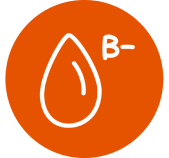
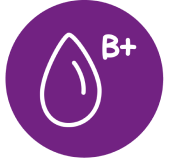
You can use any donate button on our site (including the one below) to find locations to donate near you.
